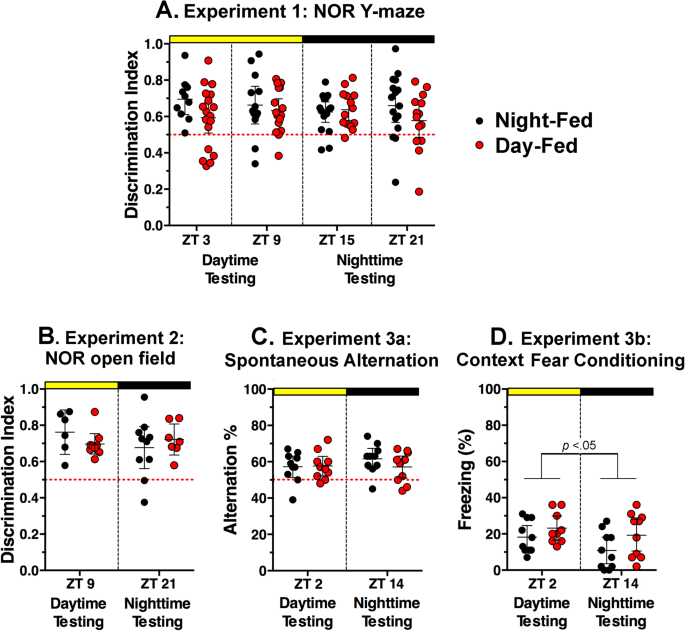

2000) and the ACC in context generalization ( Einarsson et al. The role of these two structures in context fear conditioning is seen as idiosyncratic with the PRH playing a role in polymodal 2005 Einarsson and Nader 2012 Einarsson et al. Were selected as primary candidates because damage or inactivation of the PRH or the ACC can impair context fear memory involvingĪ single learning episode ( Sacchetti et al. The perirhinal cortex (PRH) and anterior cingulate cortex (ACC) in reinstated contextual fear conditioning. The purpose of the current study is to partially answer this question by examining the role of Here we ask which cortical regions might be essential for the retention and expression of context memories for which the We alsoįound, however, that distributing the 12 context–shock pairings over 11 sessions, across 6 d, establishes a memory that survivesĮven very extensive HPC damage ( Lehmann et al. Therefore, following a single contextual fear conditioning session, HPC damage causes severe retrograde amnesia. We found that HPC damage after learning severely impairs retrieval of contextįear established by 12 context–shock pairings in a single session, a pattern of results also obtained in numerous other studies Of movement with the exception of breathing). Reintroduction into the context, the rats exhibit species-specific behaviors indicative of fear, including freezing (the absence This task involves the pairing of a context (a configuration of static cues) with an aversive stimulus (foot shock). Evidence for the DRT has come from our work examining the amnesic effects of HPC lesions in rats tested in contextualįear conditioning ( Lehmann et al. With a sufficient number of reinstatements, the memory can come to be expressed without a necessary contribution from the TheĭRT postulates that reinstatements of the memory or repetition of the learning episode, in some form, strengthens the memory The Distributed Reinstatement Theory (DRT) proposes another account for how memories may become resistant to HPC damage. For instance, some patients cannot remember life episodes that occurred a short time before the onset of their HPC damage,īut can remember episodes that occurred a decade or more before ( Scoville and Milner 1957 Rempel-Clower et al. 1995 Nadel and Moscovitch 1997 Frankland and Bontempi 2005 Sekeres et al. ( Marr 1971 Alvarez and Squire 1994 McClelland et al. Of temporally graded retrograde amnesia, in which recently, but not remotely, acquired memories are lost after HPC damage

That certain memories are strengthened in neocortical structures over a lengthy period of time and is supported by the findings One proposed process for how memories may become independent of the HPC is long-term systems consolidation. Longer critically require the HPC for storage or retrieval ( Kim and Fanselow 1992 Clark et al. There are some experiments showing that these memories can become independent of the HPC, meaning that the memories no Damage to the hippocampus (HPC) causes retrograde amnesia for certain kinds of memories ( Scoville and Milner 1957 Rempel-Clower et al.


 0 kommentar(er)
0 kommentar(er)
